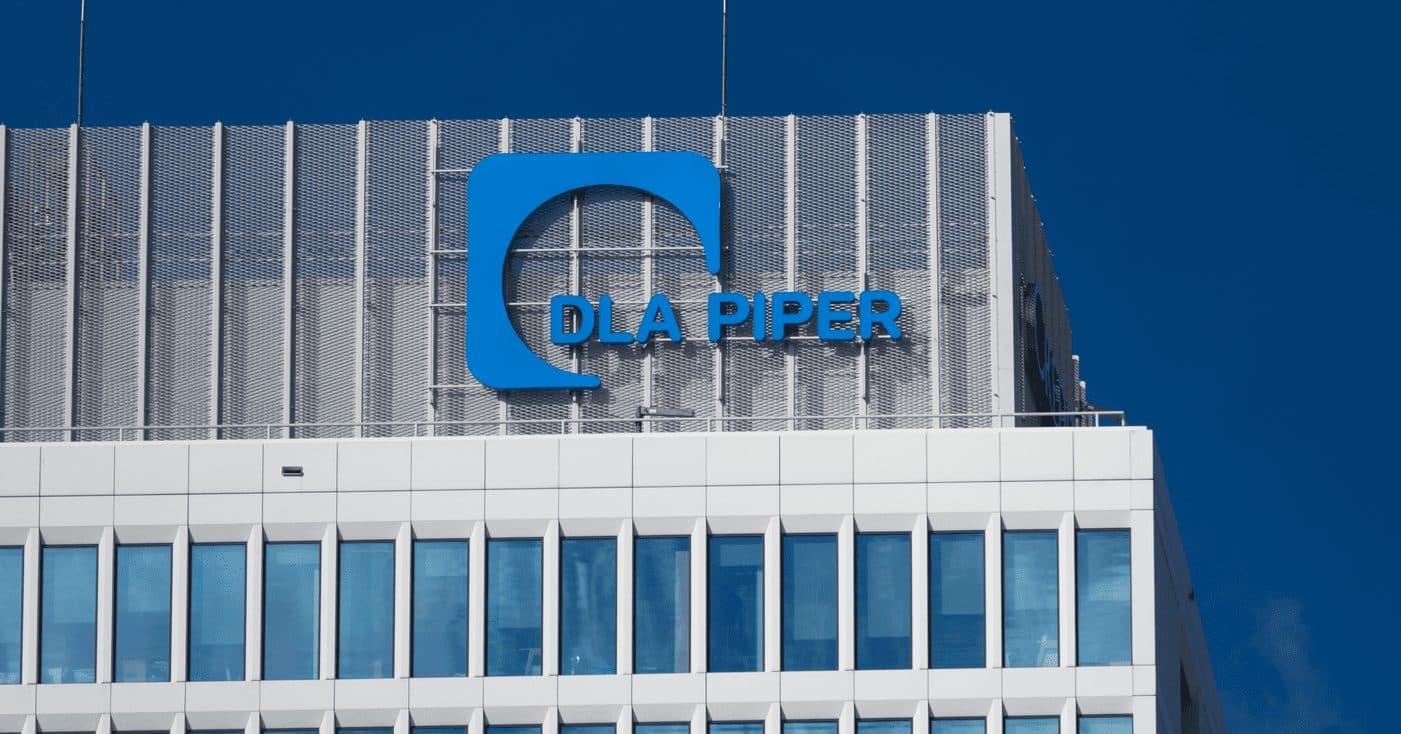Toko Pursues Dream of Tokenized Assets
A tokenization platform from global law firm DLA Piper, hopes to change the equation by using its experience to meld together law and technology

DLA Piper; Source: Shutterstock
- Tokenized real-world assets haven’t taken off because while the technology might be sound, the legal side is shaky
- Companies attempting to tokenize real-world assets aren’t anything new. But these are tech companies without legal expertise
Any trader knows the importance of a diversified, balanced portfolio. The dream for digital assets traders is to have their volatile crypto counterbalanced with tokenized real-world assets like real estate, art, or rare liquor.
But despite the numerous attempts at creating tokenization platforms over the past years across a variety of asset classes, nothing has quite captured the confidence of investors. Tokenized real world assets exist, but their volume is tiny compared to their non tokenized selves.
After all, the technology side of things isn’t overly complex; it’s the legal side that will literally make or break things.
“It’s a hugely complex legal problem,” explains DLA Piper’s Scott Thiel. “For an NFT of an artwork, and there’s a single token and single owner, the legal issues in there are relatively straightforward. The problem gets far more complex when you start thinking of higher value real-world assets.”
 Scott Thiel
Scott ThielThiel is DLA Piper’s lead TOKO partner based in Hong Kong. He says that the firm has been exploring tokenization for some time now, but just wasn’t confident in the legal soundness of the existing solutions out there.
“We spent a considerable amount of time speaking with technology companies that were doing tokenization,” he said. “One of the challenges we had is they didn’t really share our vision of dealing with the more complex asset classes and the need for compliance with all these sophisticated financial services regulations.”
Most investors are going to want their tokenized asset to generate yield — rental income from a building, for instance — while also being able to benefit from the capital appreciation of the asset, all the while having it as liquid as any other token in their wallet.
Sure, there are existing TradFi structures out there like a REIT, but as Thiel puts it, “I’ve yet to speak to anyone that’s attached to or regularly trades in their REIT.”
The problem is tokenization products that offer yield would most likely be a security, which, if done the wrong way, can create legal headaches or worse.
“As you go into that space you quickly find that the digital asset can quickly cross the line from being an unrelated bundle of contractual rights to being a regulated security token, or a collective investment scheme, or some other financially regulated thing in whatever market you might be talking about,” Thiel said.
Where is demand strongest for tokenized assets?
There’s a perennial east versus west debate in crypto — are the trading desks in New York better equipped because of investor maturity and regulation than Hong Kong or Singapore — and the same goes for tokenization.
Thiel thinks that Hong Kong has the edge over Europe, which might be surprising since Switzerland is home to “arguably the most sophisticated digital asset regime on the planet”. One might think that given London’s proximity to it and ease of access, there would be a spillover effect.
“One thing that has been striking to me is the maturity of debate we saw at conferences in Hong Kong seemed to be the highest,” Thiel said. “From a topic point of view, the conferences in London sound a bit like what happened in Hong Kong last year.”
Get the day’s top crypto news and insights delivered to your inbox every evening. Subscribe to Blockworks’ free newsletter now.






